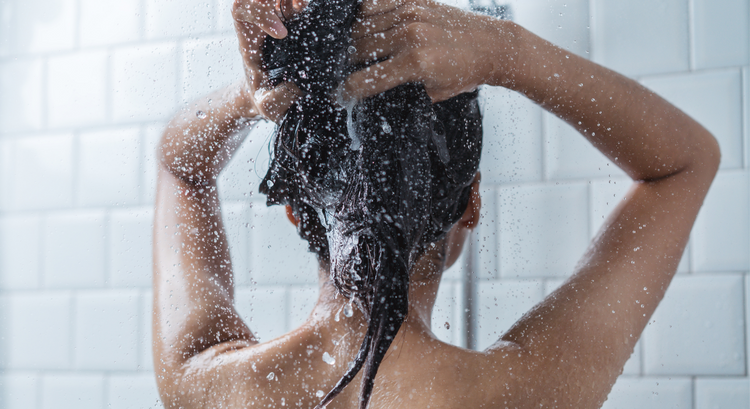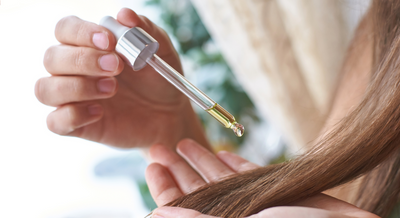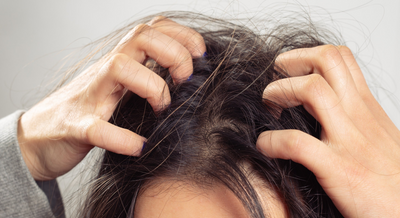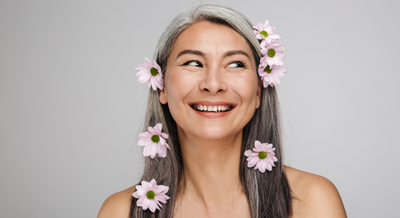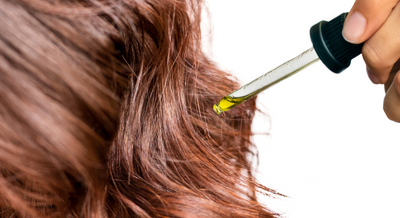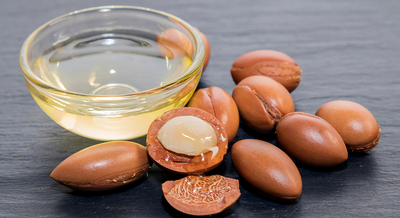We all use hair care products in the hope of getting better hair. Sometimes, we are unaware that the chemicals in those products can be sacrificing our healthiness. To avoid this, you must know which type of hair is sensitive to what kind of chemicals.
Over usage of some shampoos and other hair care products may cause some severe hair related problems.
How does shampoo work?
When you are too busy to wash your hair, you might have noticed that your hair is getting dirtier and more oily over time. This is because of the natural oils that your scalp produces on its own. The purpose of this natural moisture is to attack dryness.
The oil your scalp produces covers the hair and protects it from dehydrating conditions. However, if you have not washed your hair for a long time, the accumulation of these oils, the hair gets greasy. This causes the hair to stick together and give off a dirty appearance.
Other substances such as dust and pollen fall on your hair and stick to it like glue. It is because of the built-up product present on your scalp. You can try washing your hair without shampoo, and it may wash away the dirt, but a considerable amount of these oils will be there no matter how harsh you rinse as they are unable to break down all the oils that can be present.
To get rid of the excess oils, we need to shampoo once in a while. The chemicals present in the shampoo change the surface tension of water molecules. As a result, instead of binding together, they start sticking to other materials around them. Consequently, the water rinses away the additional oils and dirt present on your skin and on hair.
Chemicals in shampoos that cause your hair to fall
The chemicals which remove the dirt may also damage the hair in the process. Having basic knowledge of these chemicals can save your hair from falling out by your own actions. Here are some chemicals you need to watch out for.
1) Sulfates
Out of all the existing chemicals in shampoos, sulfates are the most dangerous ones. Although there is a diversity of sulfate chemicals, the ones which you must avoid are; Laureth Sulfate and Sodium Lauryl Sulfate.
These sulfates cause harm to the structural proteins present inside your hair. These proteins are what your hair is made up of. It is an essential requirement for hair growth. When you strip it away by over-shampooing, then you are removing the source of growth and strength for your hair. Eventually, your hair will get weak and die out.
They also take out the natural oils leaving your hair dangerously dehydrated. Dry hair is prone to breakage. Therefore, your hair will start to fall.
2) Sodium Chloride
It would not be wrong to say that sodium chloride is mineral-equivalent of gold because of its immeasurable number of applications in cooking and industries. Despite its limitless benefits, it can be a disaster to your hair.
You might have noticed that after swimming in ocean water, your hair feels fragile and rough. It is because of the sea salt. Salts extract the moisture and oils present not only on your skin but also from inside your hair. Significant time under salty water can start a series of hair fall.
3) Artificial Fragrances
Nice scents are irresistible to us, and we often go for shampoos that smell lovely. However, like many other hair care and beauty products, shampoos may also contain artificial fragrances. Our nose may love these chemicals, but their overuse can cause hormonal imbalance.
According to some doctors, hair loss is greatly related to the variations in hormone levels. Major changes in these hormones can start a chain reaction of hair loss.
4) Propylene Glycol
Many doctors and chemists have differing opinions on this chemical. Some say that this is toxic for your skin, while others disagree. So, we are going to mention some popular beliefs just in case.
Some dermatologists have declared it as a skin irritant leaving your scalp itchy. It is said that it makes your scalp vulnerable to other chemicals. Some believe that it is highly toxic and causes your hair follicles to get weaker, causing hair loss.
5) Parabens
There are some pieces of evidence that parabens can alter the function of human-hormones. Abnormality in hormone levels is closely related to reproductive complexities and breast cancer. It binds itself to a hormone called estrogen, and sometimes when our body is exposed to a large amount of paraben, it can start a reaction in cells. The cells begin to multiply and can cause tumors in breasts.
Who would have thought that the chemical in their hair shampoo can lead to something serious like cancer?
They are not only in your shampoos but also other hygiene-related products such as toothpaste, deodorants, creams, and lotions. The purpose of parabens and its compounds is to deal with the growth of fungus and bacteria.
According to some health scientists, a little dose of this chemical is potentially harmless. But if your body gets overdose with parabens more than the safe limit, then the results can be alarming.
The hormonal disbalance that it creates can trigger a reaction in hair follicles, making them weaker. Over time, hair gets weak and starts to fall.
6) Diethanolamine
The debate surrounding this chemical is quite controversial. Same as propylene glycol, some doctors consider it harmful and toxic for your scalp while others completely disagree. However most can agree that it leaves an itch and irritation under the skin.
As per some researchers, this chemical attacks the structural protein (keratin) in your hair. Our hairs are made up of keratin, and it is the source of hair growth. So, when Diethanolamine strips away the source of development for hair, they will eventually start to fall.
7) Triethanolamine
Same as Diethanolamine, Triethanolamine is a skin irritant as well as toxic for your hair protein. In the same way, it attacks the protein present in your hair, and eventually, hair loss starts. A small amount of this chemical is not harmful, but it may leave your hair brittle and severely dry.

